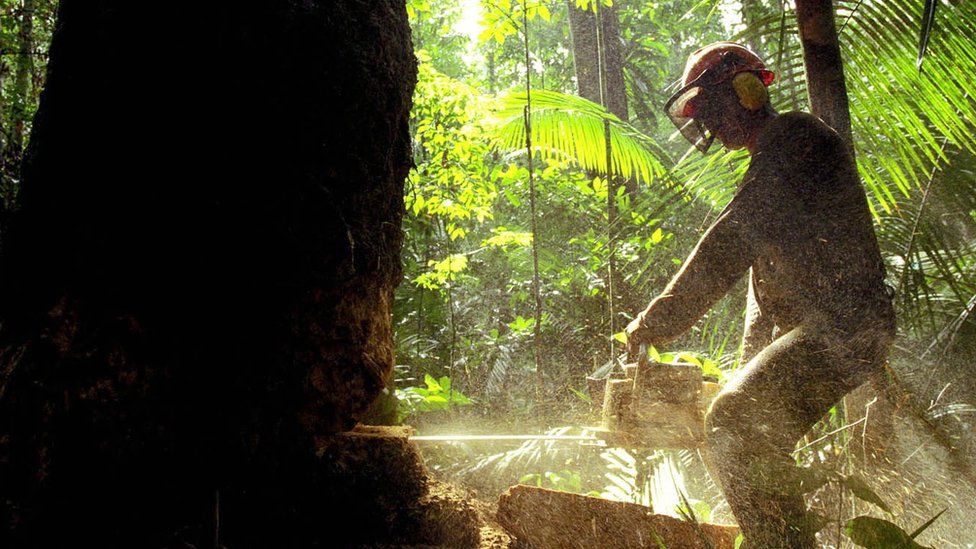Here Comes Ukrainian Hemp
By David Swanson
So the United States wants to buy hemp from the Ukraine. I suppose we should be happy. Anytime the U.S. government gives a country money that is not earmarked for weapons, we probably shouldn\’t too closely examine the unelected neo-liberals and neo-Nazis handling the cash. Nobody pays attention to the Saudi government or the oil, wars, and terrorism it provides in exchange for U.S. largesse.
Of course if the hemp buy is part of a larger package deal that impoverishes the Ukraine for the benefit of Western plutocrats, gets NATO\’s nose under the door, threatens Russia, and encourages the NED to hire the companies that name paint colors in hopes of finding unique names for all the revolutions it\’s going to plan next, we may want to oppose the whole package.
But isn\’t the precedent of connecting U.S. foreign policy in any way to a substance that benefits, rather than destroys, the environment of potentially great value? While buying hemp abroad might be a move against permitting the production of hemp at home, won\’t it just further fuel the argument that it\’s insane to make U.S. companies import a raw material that they could much more cheaply grow (while creating jobs, restoring soil, slowing climate change, and garnering some 478 other benefits of hemp)?
Or is insanity just not that big a concern? Jon Walker has a book out called After Legalization. And there\’s a book called Hemp Bound by Doug Fine. These guys are convinced that marijuana and hemp are both about to be legalized in the United States. One of their arguments is that doing so has majority support — and support, they stress, from across the political spectrum (Fine can\’t quote anybody without emphasizing that the person is NOT A HIPPIE). "Since when do 80% of Americans agree on anything, as they do that the drug war is a failure?" asks Fine.
Well, let me count the ways. I\’ve been referring for years to this fine collection of polls: http://YesMagazine.org/purpleagenda In fact, 80% in the U.S. believe their government is broken, and I suspect they do so in part because so often their government ignores the will of 80% of the country, be it on ceasing to threaten Iran, investing more in green energy or education, or holding bankers to the rule of law. Eighty percent and more usually support restoring money to the minimum wage, as it continues to plummet. Ninety percent want higher fuel efficiency standards. Eighty percent would ban weapons in space, enforce laws against torture, strengthen the United Nations, reduce the power and influence of big corporations, restore voting rights for ex-felons, create a justice system that does rehabilitation, allow immigrants to apply for citizenship, etc., etc. Never mind the countless sane and important policies supported by 75% or 68% or 52% — which damn well ought to be enough once in a while but almost never is.
Walker says the difference is that pot doesn\’t have any enemies. Fine writes as if he expects no enemies either. And yet, Fine refers repeatedly to the great damage hemp will do to oil companies and even to the war machine. Now, I don\’t know to what extent there\’s truth behind the supposition that major corporate interests favored the banning of marijuana and hemp, as they had favored the banning of alcohol (they certainly benefitted from its being banned and remaining banned), but we know the oil companies killed public transit and the electric car and the Gulf of Mexico. These are not lightweights when it comes to amoral short-term struggles. And you can add to them the petrochemical, plastics, timber, alcohol, tobacco, and pharmaceutical drug companies, as well as the herbicide companies (hemp doesn\’t require any), the agribusinesses currently subsidized, and — last but not least — the urine testing, property seizure, police and prison industries — including the prison guard unions. Oh and let\’s not neglect the State Department that wants to buy hemp from abroad as carrots for austerity schemes, and the foreign nations from whom the hemp is bought. Who in their right mind would put sanity up against that whole crowd? I\’m not even counting people too ignorant to distinguish hemp from marijuana, or who think marijuana kills you, or whom Jesus told pot comes from the devil.
Of course, I hope we will legalize hemp immediately (I mean nationally, I\’m aware of the steps many states are taking). It\’s just going to require a great deal of effort, I\’m afraid.
Then there\’s another worry. Will marijuana and hemp be legalized but monopolized, corporatized, and Wal-Martized? Walker says pot won\’t be because nobody would buy it. Fine says the same of hemp, and that the U.S. should ban GMO hemp from the start, as Canada has done — as if banning GMO anything in the U.S. were as easy as passing a billion-dollar subsidy for a space weapon that threatens Iran, weakens the U.N., makes us dumber, and damages the atmosphere. For hemp to sell, Fine writes, it has to keep a positive image that includes "a quest for world peace" — which I take to mean more quoting Nobel laureates on packaging than funding the peace movement. But who\’s going to know it\’s GMO if labeling on such points is banned?
Legalization is entirely doable, and the pressures in its favor are indeed likely to grow, but it\’s going to require huge public pressure. Where books like Walker\’s and Fine\’s are most helpful is informing that little snippet of the public that reads books of the incredible benefits to be gained. Hemp is apparently the healthiest food on earth, both for feeding people and for feeding farm animals whom people eat or from which people eat the eggs or drink the milk. The same crop of hemp can, if all goes well, produce material stronger than steel or softer than cotton. And the same crop can, in theory, produce a third thing at the same time, from yet another part of the plant: fuel. You can build your tractor out of hemp, fuel it with hemp, and use it to harvest hemp — hemp that is busy restoring your soil, preventing erosion, and surviving the drought and climate change. You can do this while eating and drinking hemp and wearing clothes made of hemp and washed with hemp in your house also made of hemp and lime — a house that sucks carbon out of the atmosphere. (The list of products and benefits is endless. One that Fine cites is body armor, although how that fits into the quest for world peace is not clear.)
I\’m not a fan of devoting acres needed for food production to fuel production, but a crop that produces both fuel and food (and building materials) — if it really can do all that at once — might alter the calculation. Biofuel aside, hemp has more than enough benefits to start investing in it right now, if sanity were on the table. Take the U.S. troops stationed in 175 countries and reduce that total by 5 countries per year. Instead, buy those countries\’ hemp AND invest billions in our own (hire the former troops to grow it). It\’s win-win-win, except for whichever profiteers have their interests in the wrong place. Watch out for them.
The views expressed in this article are the author\’s own and do not necessarily reflect The Times Of Earth\’s editorial policy.











